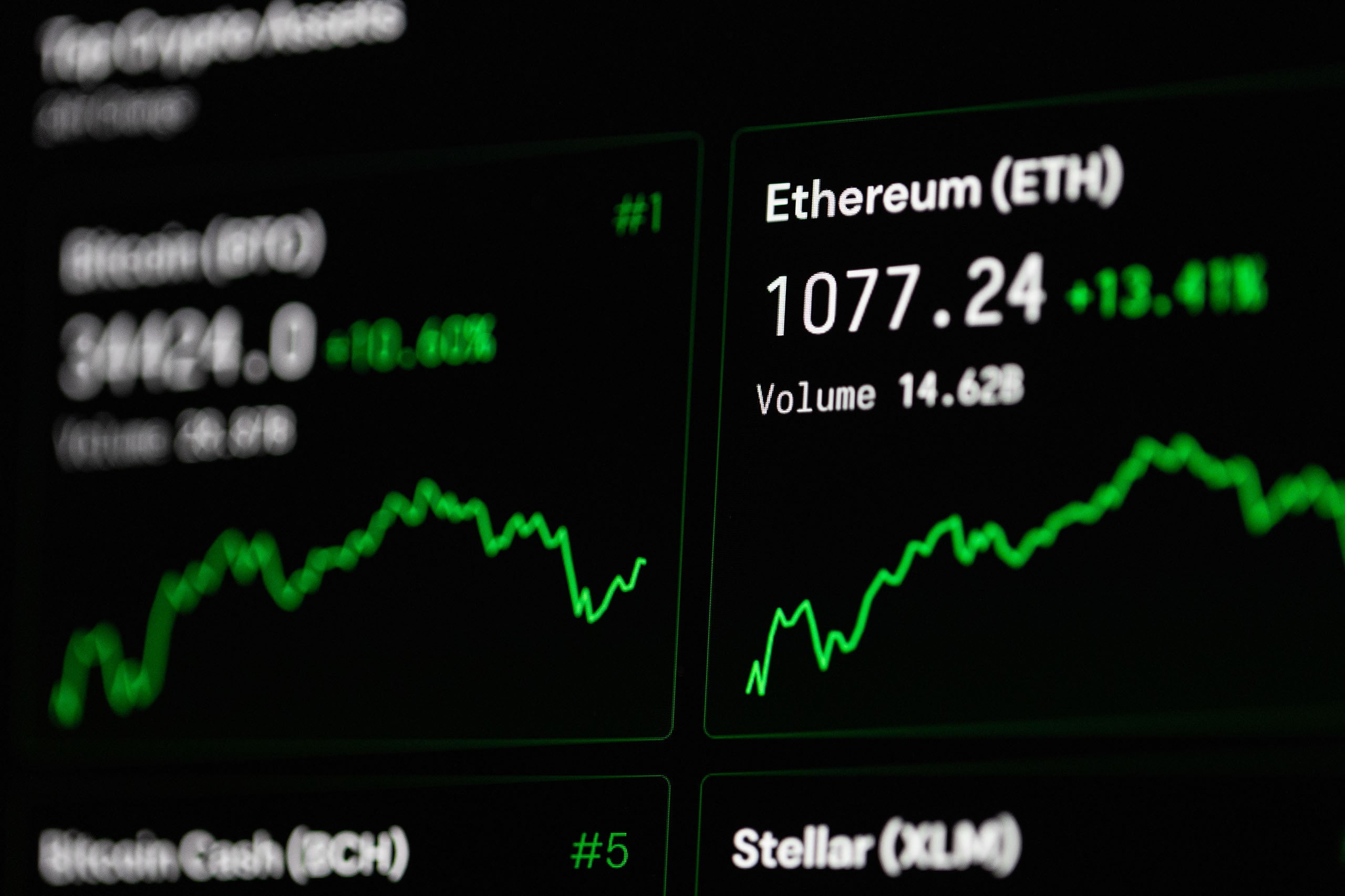To buy Ethereum (ETH), you can follow these general steps:

1. Choose a Wallet:
Before buying Ethereum, you need a secure wallet to store your ETH. There are various types of wallets available, including hardware wallets, software wallets, and mobile wallets. Popular options include Coinbase, Binance, Trust Wallet, and MyEtherWallet. Each has its own features and security measures, so do your research and choose one that suits your needs.
2. Sign Up on a Cryptocurrency Exchange:
To buy Ethereum, you’ll typically need to sign up on a cryptocurrency exchange that supports ETH. Some popular exchanges where you can buy Ethereum include Coinbase, Binance, Kraken, and Bitstamp. Create an account and complete the necessary identity verification (KYC) process.
3. Deposit Funds:
After you’ve registered and verified your identity, you’ll need to deposit funds into your exchange account. Most exchanges support deposits via bank transfers, credit/debit cards, and sometimes even other cryptocurrencies like Bitcoin (BTC). Follow the exchange’s instructions for depositing funds.
4. Place an Order:
Once your funds are deposited, you can place an order to buy Ethereum. There are different types of orders you can use, but the two most common ones are:
– Market Order: This will buy Ethereum at the current market price. It’s quick but may not get you the best price.
– Limit Order: This allows you to specify the price at which you want to buy Ethereum. Your order will be executed when the market reaches that price.
5. Store Your ETH Securely:
After your purchase is complete, transfer your Ethereum from the exchange to your personal wallet for added security. Exchanges can be vulnerable to hacks, so it’s safer to store your assets in a wallet you control.
6. Consider Security Measures:
Ensure your wallet and exchange accounts have strong, unique passwords. Consider enabling two-factor authentication (2FA) for added security.
7. Stay Informed:
Keep an eye on the cryptocurrency market and Ethereum’s price trends. Cryptocurrency prices can be highly volatile, so it’s important to stay informed.
8. Tax Considerations:
Be aware of the tax regulations in your jurisdiction. In some countries, cryptocurrency transactions are subject to taxation, and you may need to report your crypto holdings and transactions.
Remember that investing in cryptocurrencies carries risks, and prices can be highly volatile. It’s a good idea to do your own research, diversify your investments, and only invest what you can afford to lose.
Additionally, the specific steps and available options may vary depending on your location and the exchange you choose, so always refer to the exchange’s instructions and support for guidance.
